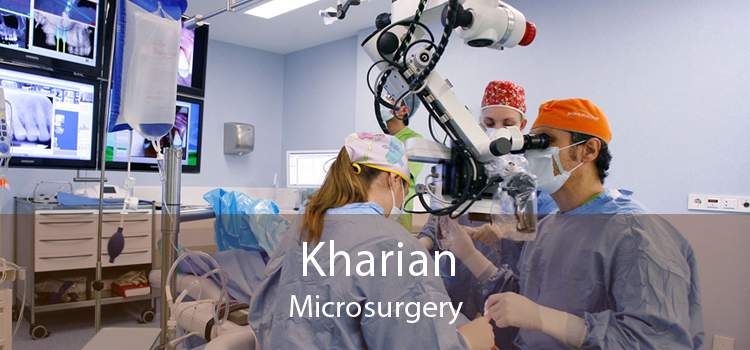Microsurgery is a surgical discipline that integrates magnifying with advanced diploscopes, specialized precision devices, tools, and different operating strategies. These techniques are largely used to anastomose small capillary (arteries as well as veins) and to coapt nerves. Microvascular and also microneural coaptation enable complex repair work of human tissue after trauma, cancer cells, and genetic shortages. Two of the primary objectives of microsurgery are to transplant cells from one part of the body to one more and also to reattach amputated parts.

It is incorrect to state that microsurgery is merely a basic term for surgical procedures needing an operating microscope. This loose meaning does not convey the breadth and also the complexity of the specialized. Yes, microsurgeons use microscopes, however, that is a small part of what the specialized addresses. As a matter of fact, microsurgery includes a lot, much more than this simple definition. The procedures themselves are a combination of surgical scientific research as well as art and take years of training to come to be proficient.
Expectation in Microsurgery
Following all pre-operative instructions and adhering to a healthy diet are important steps to take before surgery.
Since the impacts of trauma and also cancer are one-of-a-kind, the results of microsurgery are not uniform. Preparing psychologically for the opportunity that numerous surgical treatments may be necessary is a helpful action toward reaching preferred objectives. Additionally, radiation treatment may be needed after cancer resection, as well as the impacts of radiation, which can change outcomes of plastic surgery.
Individuals undergoing microsurgery can expect to remain in the hospital for a minimum of five days for tracking and also have some swelling and pain for two to three weeks afterward. Thoroughly adhering to all postoperative orders aids speed recuperation and also maximize outcome.



